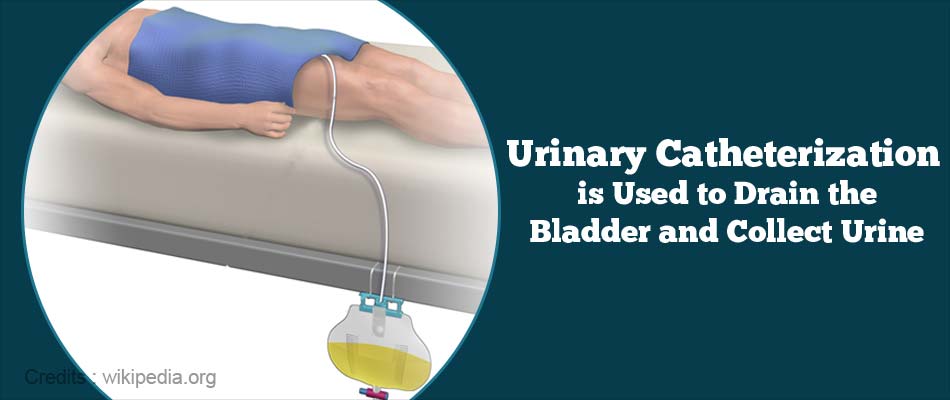
September 6, 2024
Administration Of Urinary Incontinence In Postmenopausal Women: An Emas Clinical Guide
Impacts Of Estrogen With And Without Progestin On Urinary System Incontinence Geriatrics Jama Distinguishing between voluntary and uncontrolled urination is basic to the analysis plan. 3 sorts of sore of disintegration, ectropion and cervical sores in post-me- nopause is seen much more. Endocervix glandular tissue activity during menopause and consequently the amount of mucin decreases that this creates to vaginal dry skin Stimulation that occurs as a main grievance in postmenopausal women. Adult baby diapers are one of the most effective services for ladies to handle this essential transition and stay energetic in spite of their estrogen shortage. One of the most efficient treatment methods is hormone replacement therapy (HRT). HRT supplements your body with the estrogen it no more makes, assisting to restore hormonal equilibrium, enhancing urinary tract wellness, and decreasing urinary system incontinence signs and symptoms. Prompt urinary incontinence, or overactive bladder, takes place when you really feel a sudden and extreme impulse to pee, adhered to by spontaneous pee leak. Low estrogen levels can aggravate your bladder muscle mass, resulting in raised level of sensitivity and over active bladder.Estrogen
In addition, the client relearns just how to regulate the bladder and strengthen the entailed muscular tissues. Urinary system bladder hypocontractility or inadequate holiday accommodation of urine during storage may result in regular leakage of tiny volumes of urine. Disorder might be caused by urinary tract infection, chronic inflammatory conditions, neoplastic sores, outside compression, and chronic partial outlet blockage.Neurologic Causes
If guided to seek surgery by your medical professional, timely activity is advised, as waiting may minimize the efficacy of medical therapy. The point of views expressed in individual reviews are by clients only; they are not certified medical professionals. These viewpoints ought to not be trusted as, or instead of, the medical advice of a qualified medical professional, etc. Urinary system incontinence is a common condition affecting several individuals, specifically postmenopausal females. Keeping a healthy body weight can additionally help with bladder control. Talk to your healthcare provider concerning the very best means to keep strong pelvic floor muscle mass throughout your life. Incompetence of the urethral sphincter system (urethral smooth/striated muscle mass, connective tissue) might arise from nonneurogenic diseases (bladder, urethra, prostate gland) or neurogenic reasons.- Also stop the circulation of urine in midstream pee causes to reinforce the pelvic flooring muscle mass.
- Nocturnal enuresis is the most typical pediatric incontinence disorder.
- Patient campaigning for groups offer patients access to information, incontinence products, and physicians who have rate of interest or unique experience in these problems.
- Your health care provider can aid you determine if you require medicine to treat bladder leakages.
How to clean your bladder naturally?


Social Links